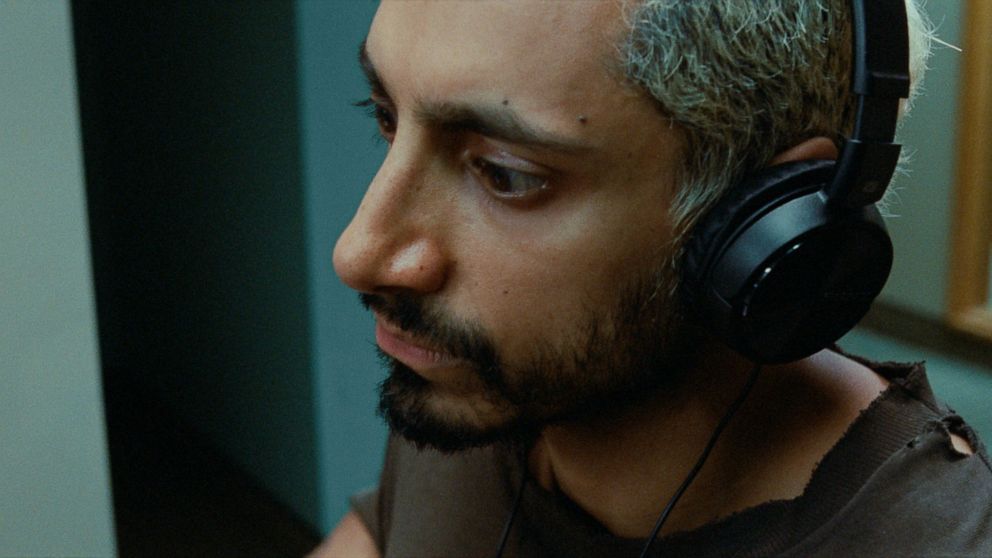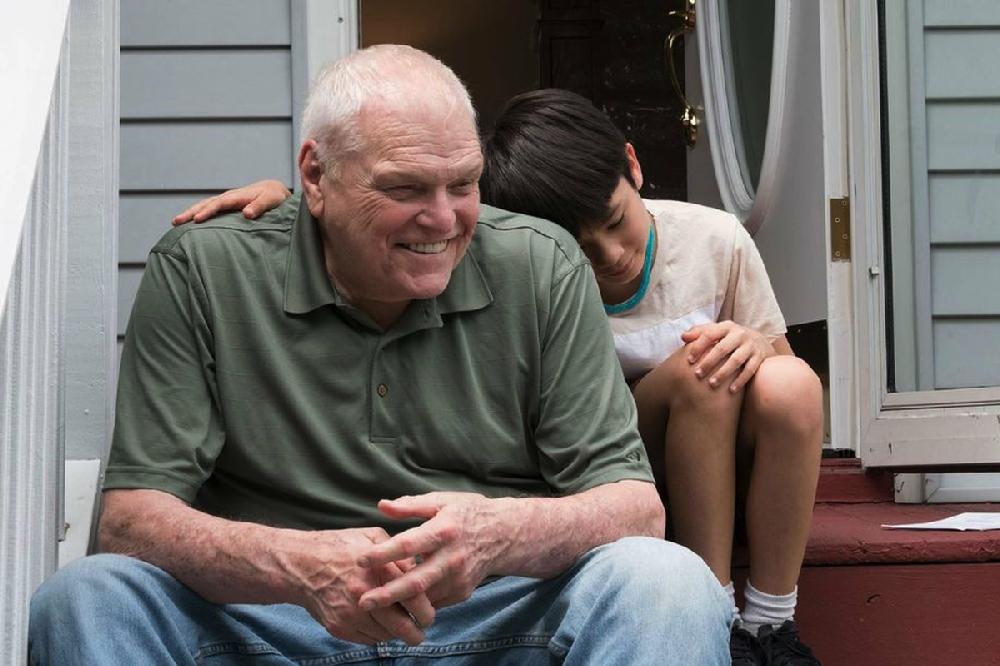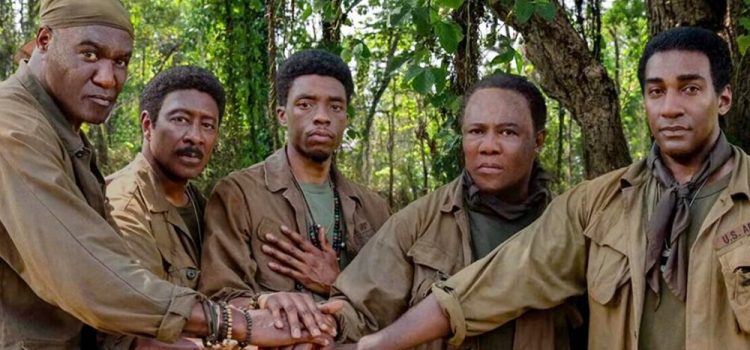“The NBR is proud to honor ‘Da 5 Bloods,’ Spike Lee, and the film’s incredible ensemble cast, along with all of our 2020 awardees,” NBR president Annie Schulhof said in a statement.
“Lee is one of our greatest filmmakers, a bold auteur with a cinematic vision and an astute perspective on human relationships, focusing at times on that intersection between the personal and the political. ‘Da 5 Bloods’ is not only a unique portrait of the experience and lingering trauma of Black Vietnam War veterans, but also a moving story of enduring friendship, a suspenseful jungle treasure hunt, and a powerful reckoning with the American dream. We are also honored to present the posthumous NBR Icon Award to Chadwick Boseman, an extraordinary talent who represented the best of what an actor could be no matter what the role.”
The NBR was established in 1909 by theater owners protesting the New York mayor’s attempt to block the exhibition of motion pictures in the city.
According to The Wrap, In the 88 years it has been naming the year’s best film, it has agreed with the Oscars 22 times, though only once (“Green Book”) in the last 11 years.
The National Board of Review is not a critics’ organization. The group is made up of “knowledgeable film enthusiasts and professionals, academics, young filmmakers and students” in the New York area.
The Wrap said much of its relatively high profile comes from the fact that it is normally one of the first groups to pick the year’s best films — although in this year’s extended awards season, it made its choices well after the critics’ groups that adhered to calendar-year eligibility.
Like the Oscars and most guilds, the NBR allowed films to qualify this year as long as they were being released by Feb. 28, 2021.
Plans for an awards ceremony to celebrate 2020 winners will be announced at a later date.

Here’s the full list of winners below:
Best Film: “Da 5 Bloods”
Best Director: Spike Lee, “Da 5 Bloods”
Best Actor: Riz Ahmed, “Sound of Metal”
Best Actress: Carey Mulligan, “Promising Young Woman”
Best Supporting Actor: Paul Raci, “Sound of Metal”
Best Supporting Actress: Youn Yuh-jung, “Minari”
Best Adapted Screenplay: Paul Greengrass & Luke Davies, “News of the World”
Best Original Screenplay: Lee Isaac Chung, “Minari”
Breakthrough Performance: Sidney Flanigan, “Never Rarely Sometimes Always”
Best Directorial Debut: Channing Godfrey Peoples, “Miss Juneteenth”
Best Animated Feature: “Soul”
Best Foreign Language Film: “La Llorona”
Best Documentary: “Time”
NBR Icon Award: Chadwick Boseman
NBR Freedom of Expression Award: “One Night in Miami”
NBR Spotlight Award: Radha Blank for writing, directing, producing and starring in “The Forty-Year-Old Version”
Best Ensemble: “Da 5 Bloods”
Outstanding Achievement in Cinematography: Joshua James Richards, “Nomadland”
Top Films (in alphabetical order):
First Cow
The Forty-Year-Old Version
Judas and the Black Messiah
The Midnight Sky
Minari
News of the World
Nomadland
Promising Young Woman
Soul
Sound of Metal
Top 5 Foreign Language Films (in alphabetical order):
Apples
Collective
Dear Comrades
The Mole Agent
Night of the Kings
Top 5 Documentaries (in alphabetical order):
All In: The Fight for Democracy
Boys State
Dick Johnson is Dead
Miss Americana
The Truffle Hunters

Top 10 Independent Films (in alphabetical order):
The Climb
Driveways
Farewell Amor
Miss Juneteenth
The Nest
Never Rarely Sometimes Always
The Outpost
Relic
Saint Frances
Wolfwalkers

Lynn (Zipfel) Venhaus has had a continuous byline in St. Louis metro region publications since 1978. She writes features and news for Belleville News-Democrat and contributes to St. Louis magazine and other publications.
She is a Rotten Tomatoes-approved film critic, currently reviews films for Webster-Kirkwood Times and KTRS Radio, covers entertainment for PopLifeSTL.com and co-hosts podcast PopLifeSTL.com…Presents.
She is a member of Critics Choice Association, where she serves on the women’s and marketing committees; Alliance of Women Film Journalists; and on the board of the St. Louis Film Critics Association. She is a founding and board member of the St. Louis Theater Circle.
She is retired from teaching journalism/media as an adjunct college instructor.


